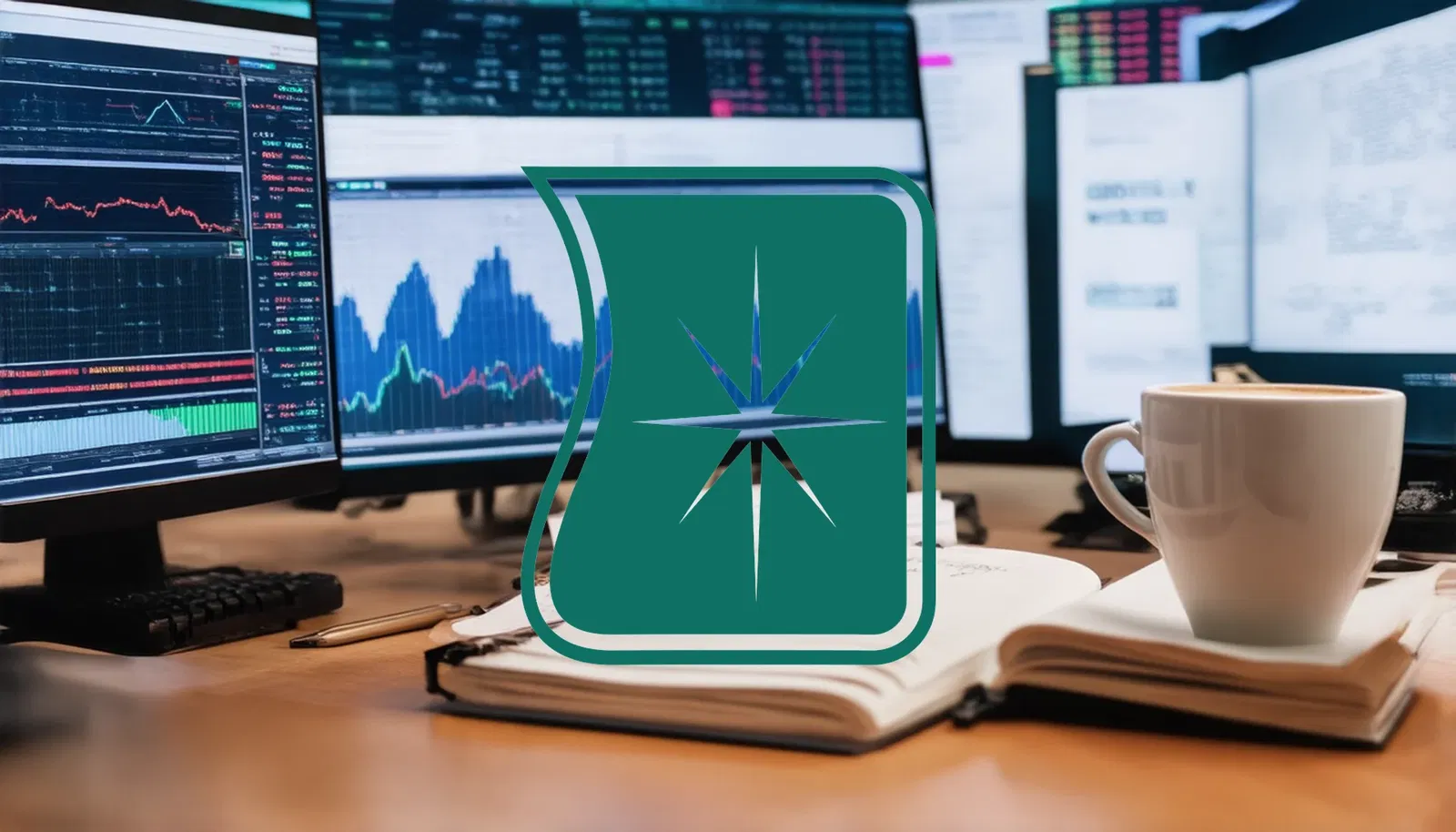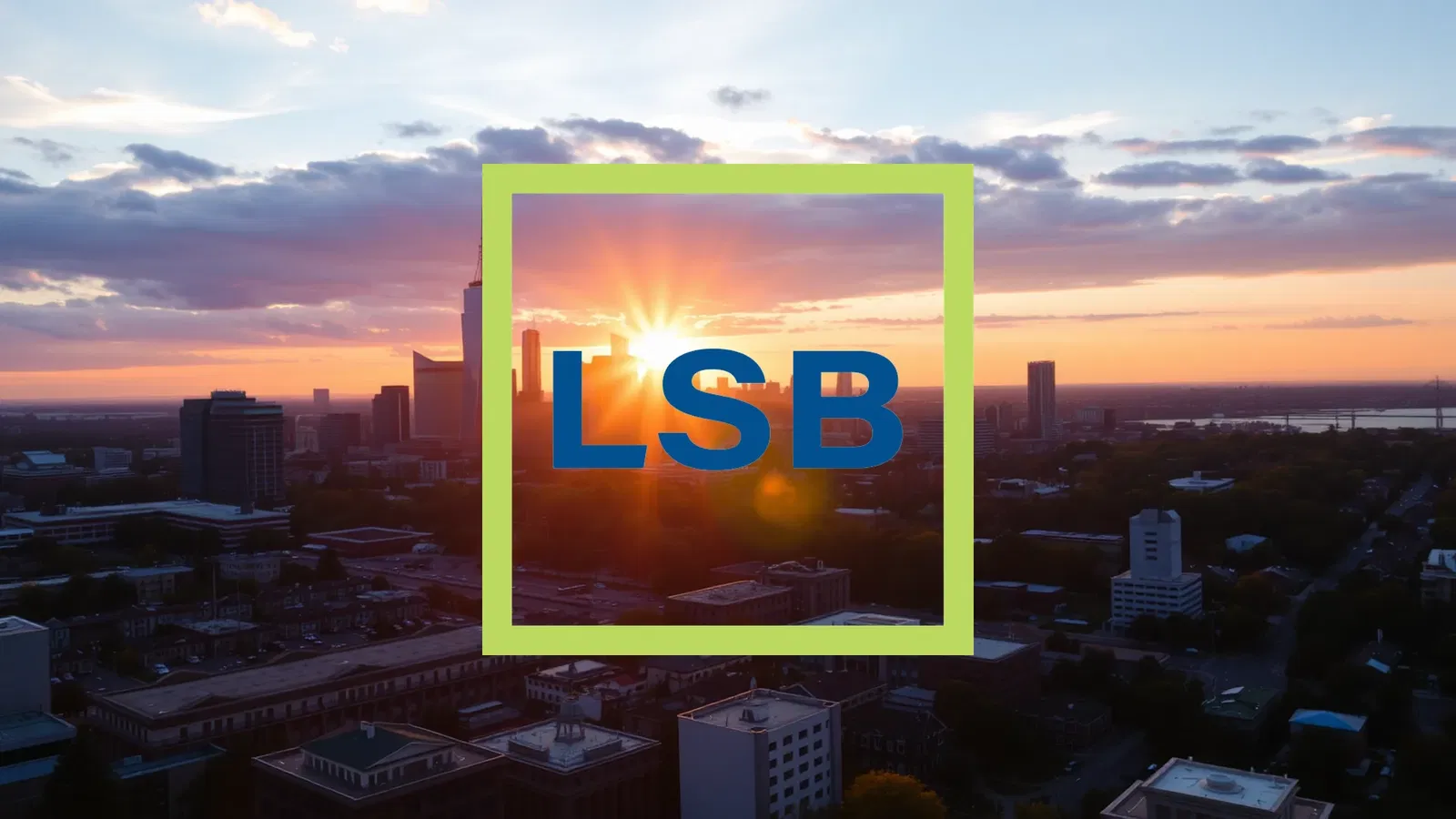Freddie Mac finds itself at the center of two transformative developments that could redefine its future and the broader U.S. mortgage landscape. The government-sponsored enterprise’s shares are trading near $9.45, reflecting market anticipation of these significant changes.
Policy Shift Paves Way for Crypto in Mortgage Applications
A landmark directive from the Trump administration is pushing Freddie Mac and its counterpart Fannie Mae toward a substantial operational shift. The new policy mandates that these institutions begin recognizing cryptocurrency holdings as legitimate assets when evaluating mortgage applications. This strategic move aims to provide American homebuyers with greater financial flexibility and effectively places digital assets on par with traditional investment vehicles like stocks or savings accounts.
Market observers are divided on the implications. Proponents highlight the potential for expanded homeownership opportunities, while critics voice concerns about introducing additional risk layers into an already complex mortgage environment. The directive could fundamentally alter Freddie Mac’s role in the secondary mortgage market, potentially broadening the pool of qualified borrowers while simultaneously creating new challenges for risk management frameworks.
The Long Road to Privatization
Parallel to the digital asset discussion, Freddie Mac remains deeply engaged in ongoing privatization talks. Reports indicate government officials are actively reviewing plans for a substantial public offering that would end the conservatorship maintained since the 2008 financial crisis.
The administration is reportedly targeting a combined valuation exceeding $500 billion for Freddie Mac and Fannie Mae. Current proposals involve selling between 5% and 15% of their equity—a monumental shift in ownership structure that would represent one of the most significant financial developments in recent years. However, momentum faces headwinds from Democratic senators who express concerns about potential impacts on mortgage rates and housing affordability.
Should investors sell immediately? Or is it worth buying Freddie Mac?
Several key questions remain unresolved, including the precise percentage of shares to be offered, the government’s future regulatory role, and voting rights for prospective new shareholders.
Financial Performance and Market Position
Freddie Mac’s recent financial results demonstrate solid operational strength. The company reported a net income of approximately $2.39 billion for the second quarter of 2025, supported by net revenues nearing $5.9 billion. The return on equity registered in the low-to-mid twenty percent range, though the price-to-earnings ratio remains negative at around -350 due to the enterprise’s unique capital structure.
Technically, the stock shows bullish signals as it approaches its 52-week high of $9.65. The 50-day moving average of $7.90 sits comfortably above the 200-day average of $5.78, confirming the positive momentum.
Key Catalysts Driving Value
- Digital Asset Integration: Government mandate to consider cryptocurrency in mortgage applications
- Privatization Prospects: Ongoing discussions about ending conservatorship through public offering
- Strong Q2 Earnings: Robust operational performance with substantial net income
- Technical Momentum: Chart analysis confirms upward price trajectory
The convergence of groundbreaking policy changes, persistent privatization talks, and solid financial fundamentals positions Freddie Mac at a pivotal juncture in its corporate evolution.
Ad
Freddie Mac Stock: Buy or Sell?! New Freddie Mac Analysis from February 7 delivers the answer:
The latest Freddie Mac figures speak for themselves: Urgent action needed for Freddie Mac investors. Is it worth buying or should you sell? Find out what to do now in the current free analysis from February 7.
Freddie Mac: Buy or sell? Read more here...












